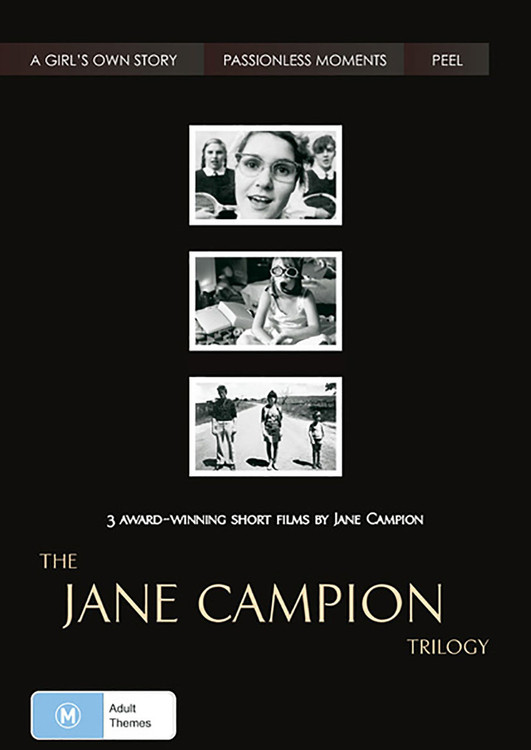Article sample:
Many critics have seen Campion's persistent concerns with gender politics and the disempowerment of women within the domestic sphere as evidence of a feminist sensibility. Certainly, while Campion may not regard herself as a feminist director, her films have been enthusiastically taken up by feminist film critics for their depiction of strong female characters rebelling against the roles expected of them by patriarchal society. Campion's heroines are characterised by their refusal to conform to these roles, which often results in a stubbornness that leads them into direct conflict with husbands, fathers, brothers and other women complicit with the patriarchal order. The disturbing nature of Campion's films comes from the physical and emotional violence that is inflicted upon these women – as with Ada (Holly Hunter) in The Piano and Isabel Archer (Nicole Kidman) in The Portrait of a Lady, both women assaulted by their husbands. Feminist theorists and historians have examined the ways in which female protest and refusal to conform to the patriarchal order have been labelled as 'madness'. Several of Campion's heroines are labelled as 'mad' or 'crazy' by virtue of their refusal to conform to what their society considers to be the feminine ideal.
About Senses of Cinema:
Senses of Cinema is an online journal devoted to the serious and eclectic discussion of cinema. We believe cinema is an art that can take many forms, from the industrially-produced blockbuster to the hand-crafted experimental work; we also aim to encourage awareness of the histories of such diverse forms. As an Australian-based journal, we have a special commitment to the regular, wide-ranging analysis and critique of Australian cinema, past and present. Senses of Cinema is primarily concerned with ideas about particular films or bodies of work, but also with the regimes (ideological, economic and so forth) under which films are produced and viewed, and with the more abstract theoretical and philosophical issues raised by film study.
There are no reviews yet.
Leave a Review
 Quick Shop
Quick Shop